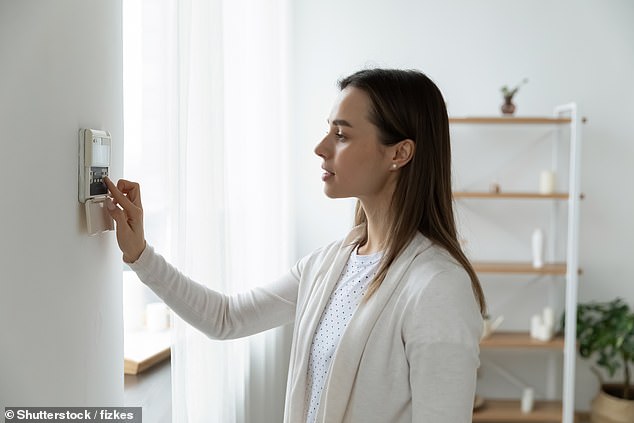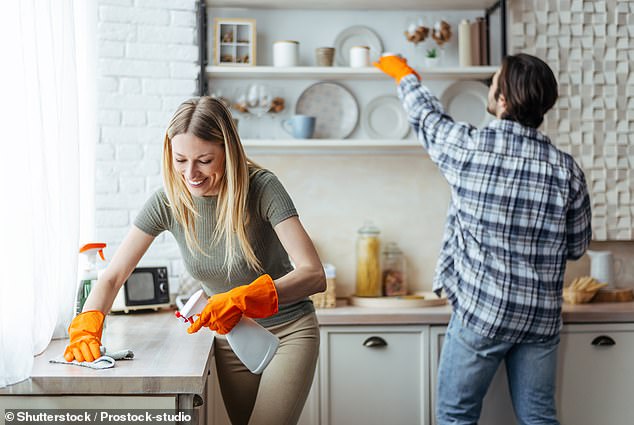A study carried out among 2,000 Britons has revealed what rules are considered most important to follow when living at home.
The research, commissioned by Smart Energy GB and conducted by Perspectus Global, showed that the cost of living crisis and environmental factors influence household concerns.
A resounding 97 percent of respondents believe it is important to have rules in the home, while another 98 percent agreed that it is vital to define the boundaries of what is acceptable.
In fact, financial pressures such as rising energy prices have led 89 per cent to believe that more home energy-saving standards have been introduced, with almost half (48 per cent) implementing their own standards to be energy efficient.
Three-quarters (77 per cent) believe house rules help their homes run smoothly, while two-thirds (66 per cent) have introduced directives so everyone knows what is acceptable.
A study carried out among 2,000 Britons has revealed what rules are considered most important to follow when living at home
Overall, the survey found that always turning off the lights after leaving a room was the most important household rule, chosen by 63 per cent of Britons.
This was followed by throwing plastic, cardboard and glass into the recycling bin, an option chosen by 59 per cent, while more than half of those surveyed chose to never waste food (56 per cent).
Limiting arguments, encouraging people to take responsibility for running the home, helping to set expectations and encouraging people to think about costs were other key reasons for introducing house rules.
One in four (26 per cent) wanted people in their household to think about the environment and the impact their decisions have on the world.
When it comes to whether you own or rent your home, house rules priorities may vary.
The data showed that homeowners want lights turned off when leaving a room (69 percent), food not wasted (58 percent), shoes taken off at the front door (53 percent), that there are no screens at the table (41 percent). percent) and electrical appliances unplugged (36 percent) to save money.
Meanwhile, renters want members of their household to always put plastic and cardboard in the recycling (55 percent), not turn up the thermostat without asking (27 percent), only boil the water they need (23 percent), and They only run the dishwasher when it is full (19 percent).
Victoria Bacon, Smart Energy GB, said: “It is clear from the research that house rules have an important place in a modern home, particularly now that the cost of living crisis continues and many people are conscious of taking steps to keep bills low.
‘There are several changes you can make at no extra cost, such as ordering a smart meter from your energy supplier, that are simple to make and effective in helping you control your energy use and keep your bills low.

Overall, the survey found that always turning off the lights after leaving a room was the most important household rule, chosen by 63 per cent of Brits.
‘If you rent and the energy bill is in your name, you can ask your energy supplier to install a smart meter, but it is recommended that you inform your landlord before purchasing one. If your landlord pays the bills, ask them if they would be happy to arrange the upgrade.
Two-thirds (69 per cent) of the 2,000 people surveyed across the UK say their parents had rules at home when they were young, and one in four (24 per cent) imposed the same rules in their homes.
Teenagers (28 percent) and children under 12 (27 percent) are the most likely to break house rules, with one in ten (11 percent) parents admitting they are the ones breaking the rules. in his house.
Nine in ten (90 percent) admit that they get irritated when someone breaks a house rule, resulting in an average of five arguments per week.
Despite this, more than a third (38 per cent) have broken a friend or family member’s household rules by visiting their home.


